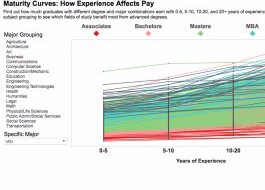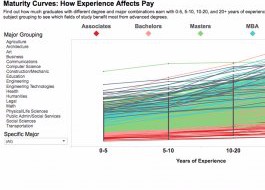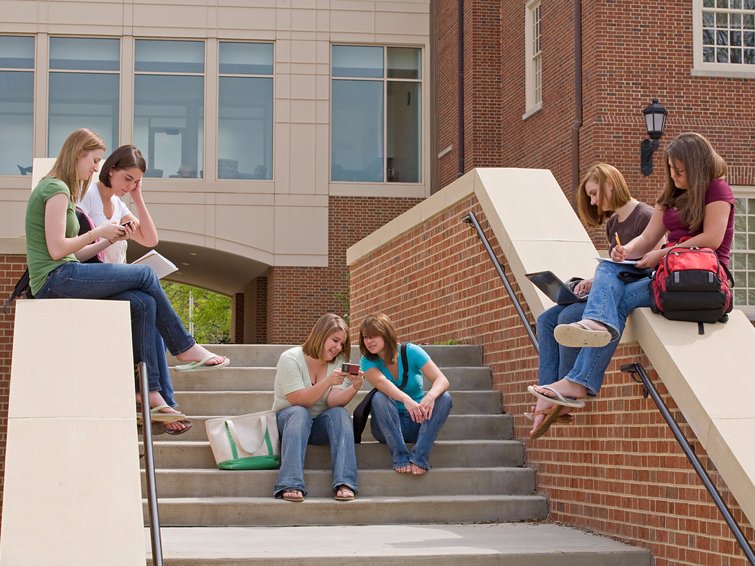 College students Flickr/Rodrigo Romo
College students Flickr/Rodrigo Romo
NEW YORK/SHANGHAI (Reuters) - A major Chinese education company has paid thousands of dollars in perks or cash to admissions officers at top U.S. universities to help students apply to American schools.
And according to eight former employees of Shanghai-based Dipont Education Management Group, the company’s services didn’t end there.
Six told Reuters that Dipont employees wrote application essays for students. Another said she altered recommendation letters that teachers had written for students. One student was given access to his high school transcript and erased bad grades, one of the former employees said.
Dipont denies the allegations of application fraud but boasts of its special relationship with some 20 U.S. colleges, which include Vanderbilt University, Wellesley College, Tulane University and the University of Virginia. Their admissions officers have visited China since 2014, personally advising Dipont students at an annual summer program on how to successfully apply to U.S. colleges.
“Just once a year, current admissions officers become your exclusive consultants,” an ad from Dipont tells prospective clients. The same ad features a Wellesley student crediting the Dipont program for her early acceptance.
Dipont and an affiliated charity picked up travel expenses for admissions officers attending the program. Some officers have received cash as well – sometimes dispensed in $100 bills, according to emails Reuters reviewed.
Given the prevalence of application fraud in China, the arrangement troubles Philip G. Altbach, founding director of the Center for International Higher Education at Boston College.
“Shame on the admissions people from these top schools who are doing this,” Altbach said.
Dipont’s success in gaining access to leading American colleges underscores how people on both sides of the Pacific are hungry to capitalize on Chinese students’ desire to study in the United States.
Hundreds of thousands of Chinese students are enrolled in U.S. institutions. And hundreds of companies in China have sprung up to cater to these students, charging large sums for services that sometimes include help in cheating on standardized tests and falsifying applications.
A donation to USC
Some American colleges have tried to boost revenue by hiring brokers to recruit international students, who tend to pay full tuition. In Dipont’s case, money goes the other way: A Chinese business is persuading highly selective colleges to counsel clients who are clamoring for admission to top schools.
Dipont’s founder and chief executive, Benson Zhang, said in an interview that “many of the schools, students and overseas colleges consider us one of the most ethical companies in China,” with stringent guidelines for employees.
“If there had been such a case, it had not been reported to me,” Zhang said of the reports of application fraud. “But I guarantee you, if such a complaint comes to my attention, I will deal with it with severity.” He added: “One or two aberrant employees who violate the rules do not indicate company-wide fraud.”
Zhang is also giving $750,000 to a University of Southern California research center that’s creating a program to combat fraud among Chinese applicants to American colleges.
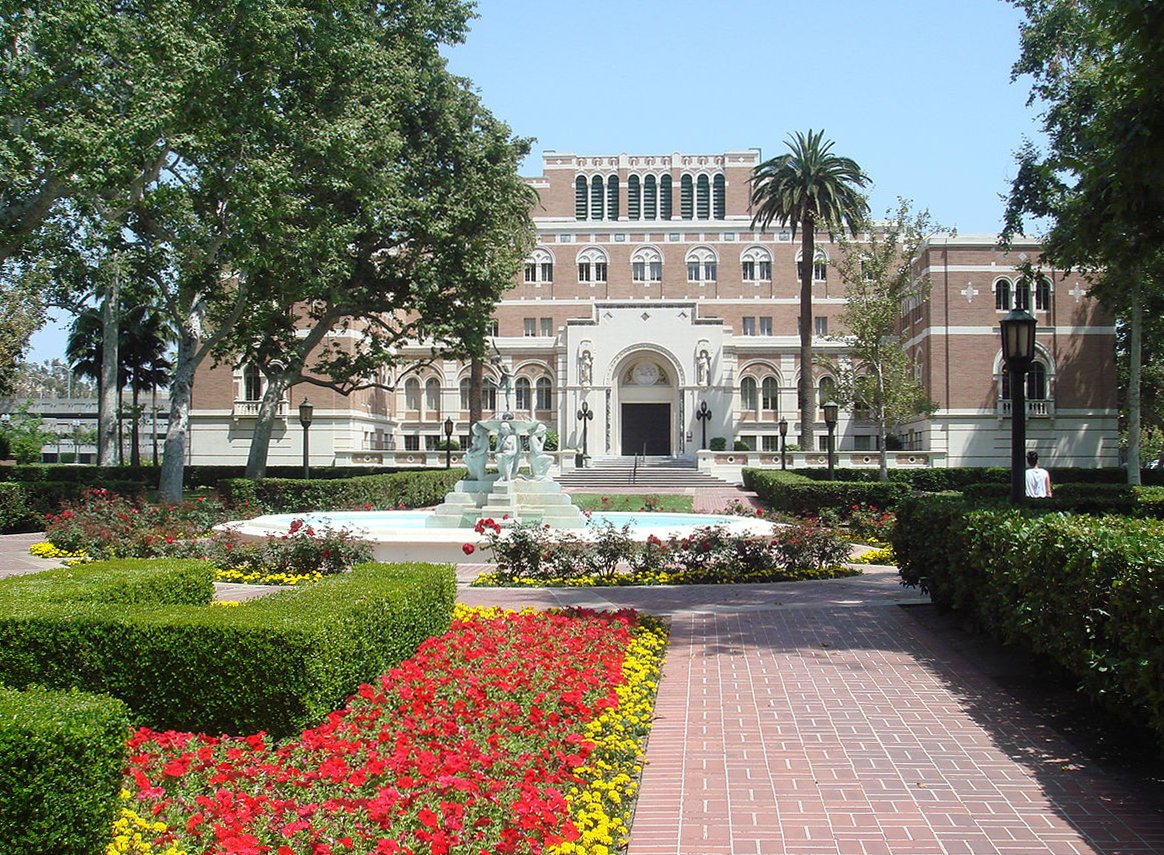 Dipont’s founder and chief executive, Benson Zhang, is also giving $750,000 to a University of Southern California research center that’s creating a program to combat fraud among Chinese applicants to American colleges. Wikimedia Commons
Dipont’s founder and chief executive, Benson Zhang, is also giving $750,000 to a University of Southern California research center that’s creating a program to combat fraud among Chinese applicants to American colleges. Wikimedia Commons
The donation is controversial, too.
Zhang made his contribution to USC through a New York non-profit, the Council for American Culture and Education Inc, or CACE. The organization was set up for Dipont by two U.S. consultants in 2009 as the company began seeking contacts in American academia. Dipont this year began using CACE to pay some of the admissions officers who attend Dipont’s summer programs.
But CACE hasn’t disclosed its ties with Dipont in U.S. and New York State tax filings. That omission could threaten CACE’s tax-exempt status, according to Marcus Owens, former head of the non-profit organizations division of the Internal Revenue Service.
Informed of CACE’s ties to Dipont, the New York Attorney General’s office said it would review the charity. A review could lead to a formal investigation if the attorney general finds evidence the charity violated New York law.
A former Dipont employee tried to warn elite schools about the company. In 2014, Bruce Hammond emailed officials at USC and 10 other American colleges after a group of them traveled at Dipont’s expense to Beijing to discuss the USC project to fight application fraud. The warning was sent to schools including the Massachusetts Institute of Technology, Stanford University, Columbia University and Duke University.
“As I write, images of your recent meeting in Beijing with Dipont leaders and selected school officials are circulating throughout China,” Hammond wrote. The company, he alleged, “is one of the primary architects of the system of fraud and misinformation that pervades the application process to U.S. institutions.”
The USC center said it has been looking into Hammond’s claimsabout Dipont but defended the company as a “reliable andvaluable partner.”
$4,500 'honorarium'
Dipont’s eight-day admissions workshops take place each July inShanghai. Hundreds of Chinese students pay the company so theycan hear U.S. admissions officers discuss what schools seek inapplications, learn to write an effective personal essay andpossibly land an interview. Dipont touts the access to thebig-name participating colleges in its marketing material.
In the past three summers, the American admissions officerswere given a choice of perks: either business-class airfare, oreconomy-class travel plus a cash “honorarium.” The past twosummers, payments were $4,500 per attendee. Last year, theadmissions officers were paid in cash, usually in $100 bills.
Dipont consultant Robert Clagett, a former dean of admissionsat Middlebury College, has been recruiting American admissionsofficers for the summer programs since 2014. He said that abouta quarter to a third of them took the economy flight plus cashhonorarium and the rest accepted business-class airfare. Hedeclined to provide a breakdown by school.
Six colleges – Carleton College, Hamilton College, LafayetteCollege, Rensselaer Polytechnic Institute, Tulane Universityand the University of Vermont – confirmed that admissionsofficers have accepted honoraria for attending the Dipontworkshops.
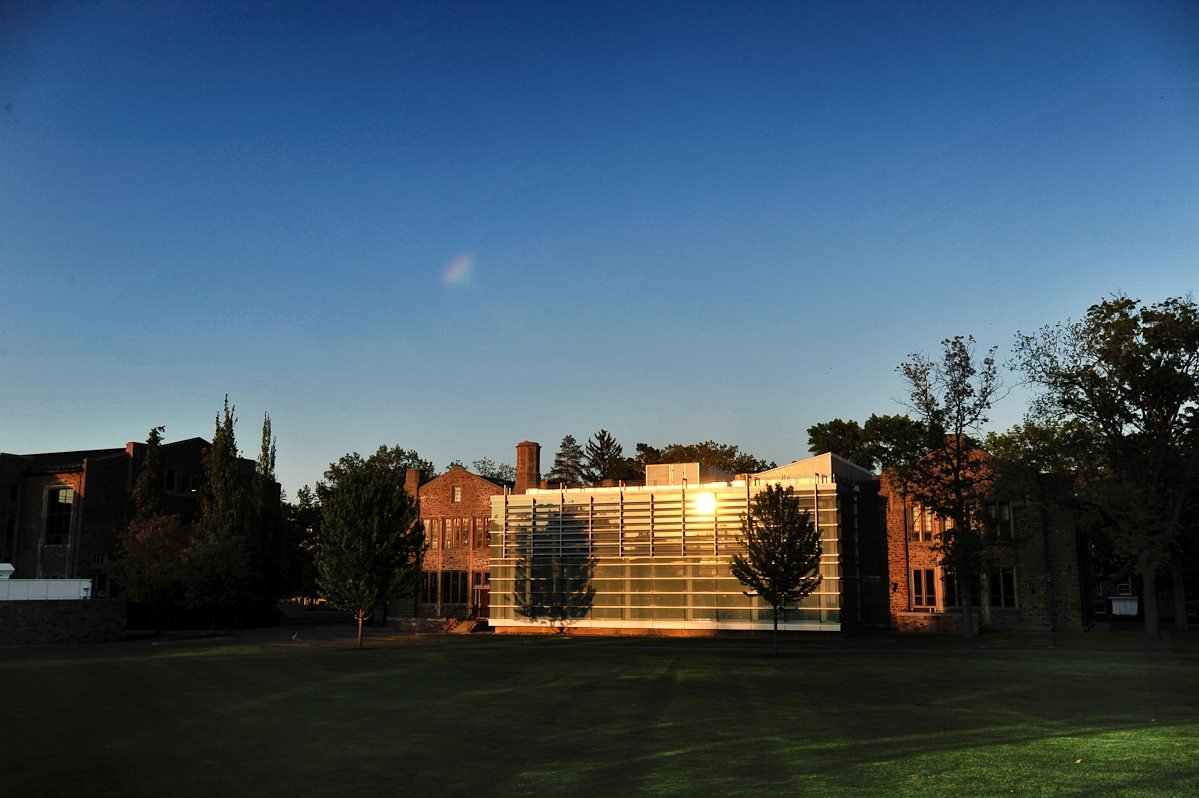 HamiltonCollege confirmed that admissions officers have acceptedhonoraria for attending the Dipontworkshops.HamiltonCollege/Facebook
HamiltonCollege confirmed that admissions officers have acceptedhonoraria for attending the Dipontworkshops.HamiltonCollege/Facebook
Admissions officers from Vanderbilt University, WellesleyCollege, Pomona College and Colgate University confirmedaccepting plane tickets for attending the Dipont workshops.
So did officials from the University of Virginia, IndianaUniversity and the University of California, Berkeley.
Also among the attendees in recent years, according to Clagett,were admissions officers from Claremont McKenna College;Colorado College; Davidson College; Syracuse University; TexasChristian University; and Wesleyan University. Those schoolseither declined to comment or didn’t respond to requests forcomment.
Altbach, who heads the Boston College higher-education researchcenter, said the officers acted improperly by accepting cash orexpense reimbursement from a company seeking to place clientsin elite colleges. The arrangement is all the more troublingbecause of the widespread application fraud in China, he said.
“I think getting in bed with the company is problematic nomatter how they're being paid,” whether in cash or travelexpenses, “because this company is basically a recruitmentagency on steroids,” Altbach said. Dipont denies that it actsas an agent.
Tufts says no
Some colleges have steered clear.
Daniel Grayson, a former admissions officer at TuftsUniversity, says he was invited to the 2014 workshop by Dipontconsultant Clagett. Dipont offered him a $6,000 stipend plusairfare and accommodation as remuneration for participating,Grayson said, “and I responded with concerns about Dipont’sreputation and ethical practices and declined the invitation.”
Participating colleges say the arrangements are appropriate andthat Dipont students received no special consideration.
Douglas Christiansen, Vanderbilt’s dean of admissions, said oneof his admissions officers accepted airfare and expenses toattend a summer workshop but drew a line at taking cash. Thatwould have been improper because the officer was on the job forVanderbilt, said Christiansen, who is also chair of thetrustees of the College Board, owner of the SAT collegeentrance exam. The SAT has been subject to widespread cheatingin China.
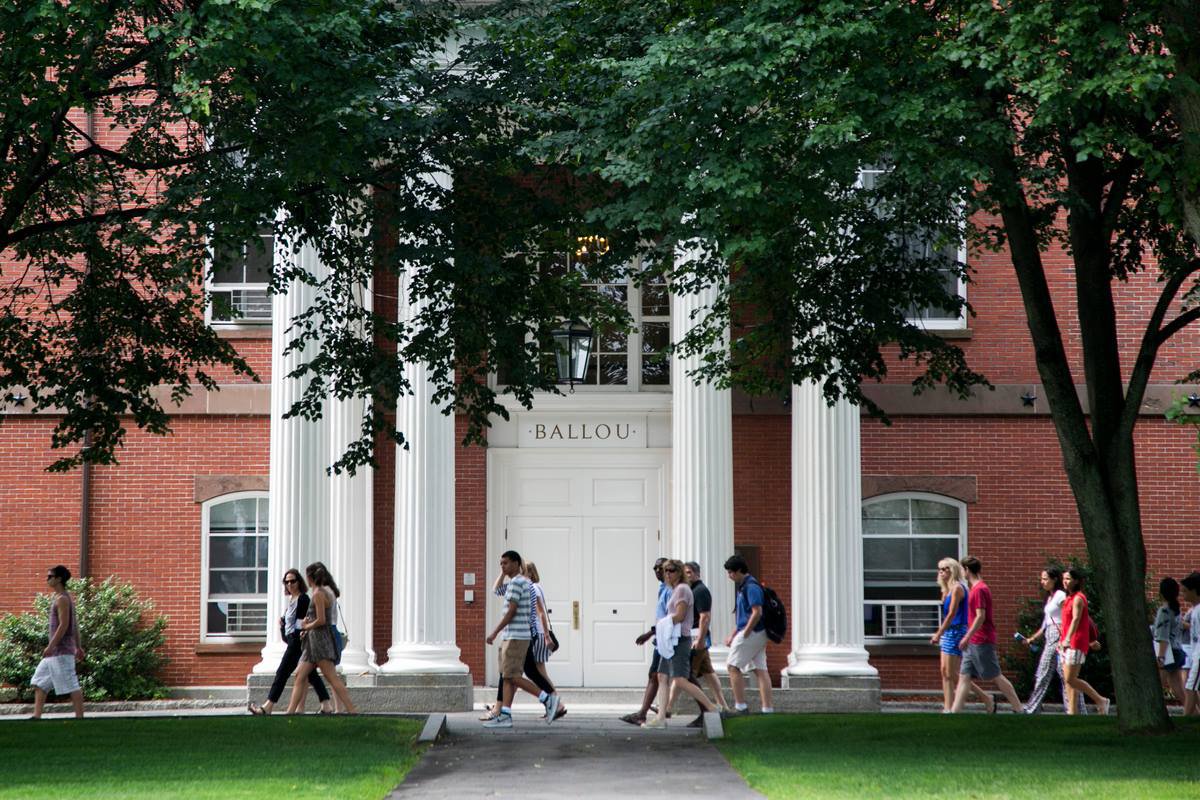 TuftsUniversityTuftsUniversity/Facebook
TuftsUniversityTuftsUniversity/Facebook
Asked about the allegations of application fraud at Dipont,Christiansen said: “It is critical to note that one of thepoints of the workshop was to communicate the importance ofsubmitting authentic application materials.”
Seth Allen is dean of admissions and financial aid at PomonaCollege, which has a $2 billion endowment. He said he acceptedbusiness-class airfare and expenses in 2015 from Dipont. “Wehave a limited number of resources to recruit internationalstudents,” Allen said.
U.S. admissions officers are allowed to accept travel expenseswhen visiting American high schools, according to Louis Hirsh,chair of the admissions practices committee of the NationalAssociation for College Admission Counseling. They are barredfrom offering or accepting cash in placing or recruitingAmerican students. But the profession's code does not address acompany offering cash or reimbursing expenses for counselinginternational students, Hirsh said.
Dipont’s advertisements promise students an edge in theadmissions game. An ad in Chinese for last year’s summer campincluded a plug from a Wellesley student. She attributed hersuccessful application to meeting a Wellesley admissionsofficer at the summer program. “I was ultimately accepted earlyby Wellesley, and the camp played a crucial role in that,” sheis quoted as saying.
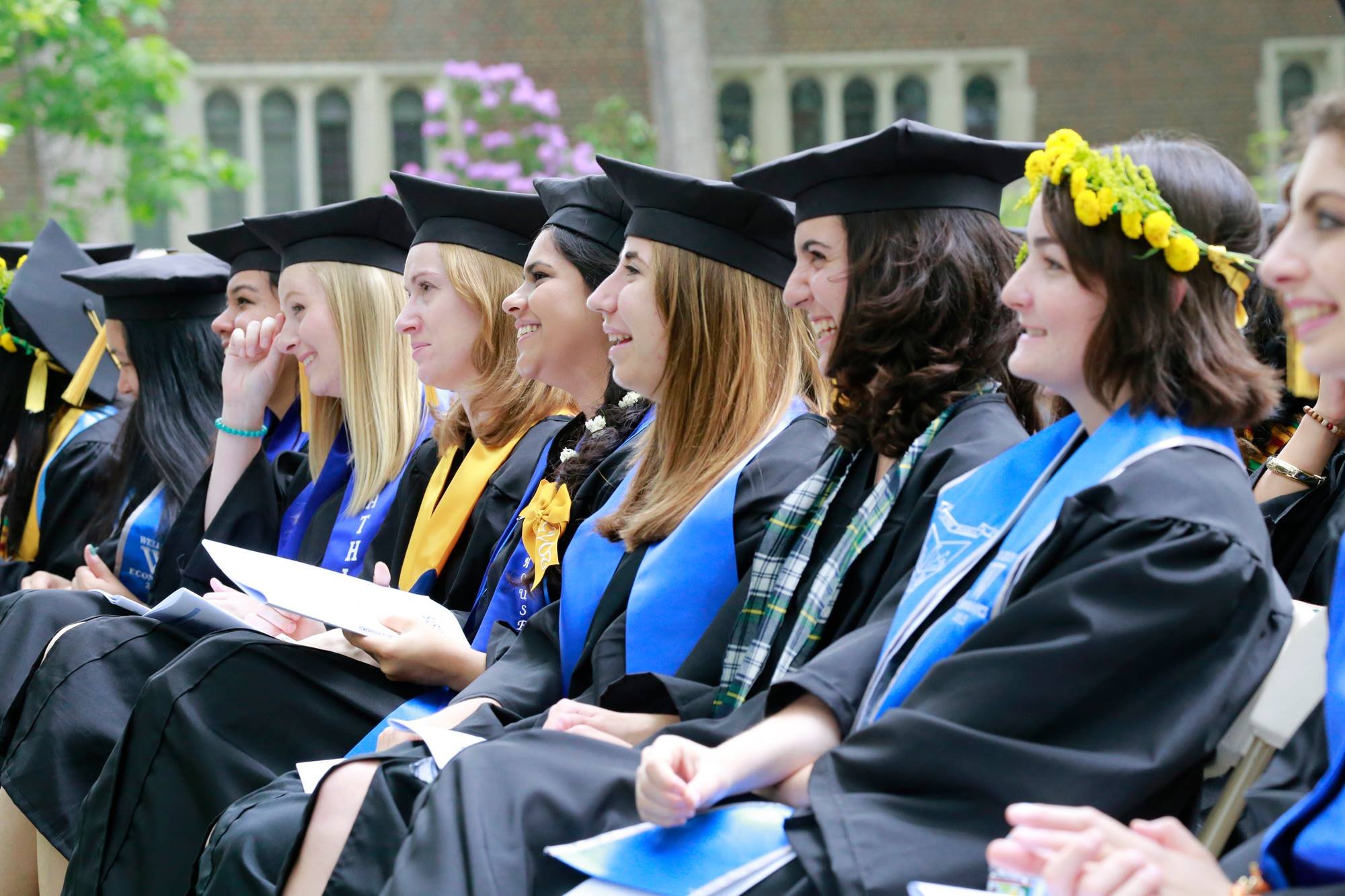 WellesleyCollege graduates.WellesleyCollege/Facebook
WellesleyCollege graduates.WellesleyCollege/Facebook
Wellesley confirmed that an admissions officer interviewed aDipont student at the program. The student was accepted and nowattends the college. Joy St. John, Wellesley’s dean ofadmission, said the employee didn’t accept a cash payment,because “we’re doing work that’s related to our profession,”but did accept business-class airfare.
St. John compared the transaction to accepting travel expensereimbursement from U.S. high schools that invite Wellesley toprovide general admissions counseling. Such payments arepermitted, according to Hirsh. St. John added that Wellesleydecided last year not to participate in Dipont workshopsbecause the company’s marketers filmed a Wellesley admissionsofficer without permission.
Son of farmers
Dipont founder Zhang, the son of farmers, studied electricalengineering in college and earned a scholarship to do graduatework in Australia in the 1980s. The Tiananmen crackdown of 1989stranded him abroad, and he says he had to drop his studies toearn a living. He launched Dipont as an emigration and visaconsulting firm for Chinese students.
Today, Dipont is a major provider of services to Chineseapplying to foreign universities. It operates a network ofinternational programs in Chinese high schools with about 2,000graduates each year. It also offers tutoring for the SAT,college counseling and other “enrichment” services. Collegecounseling alone can cost up to about $32,500 a student.Dipont’s total annual revenue is about $30 million, accordingto Zhang.
The two Americans who set up CACE, the charity Dipont now usesto pay admissions officers, told Reuters they were employed atthe time by Dipont as consultants. They said they created CACEto help the Chinese company gain access to elite U.S. colleges.
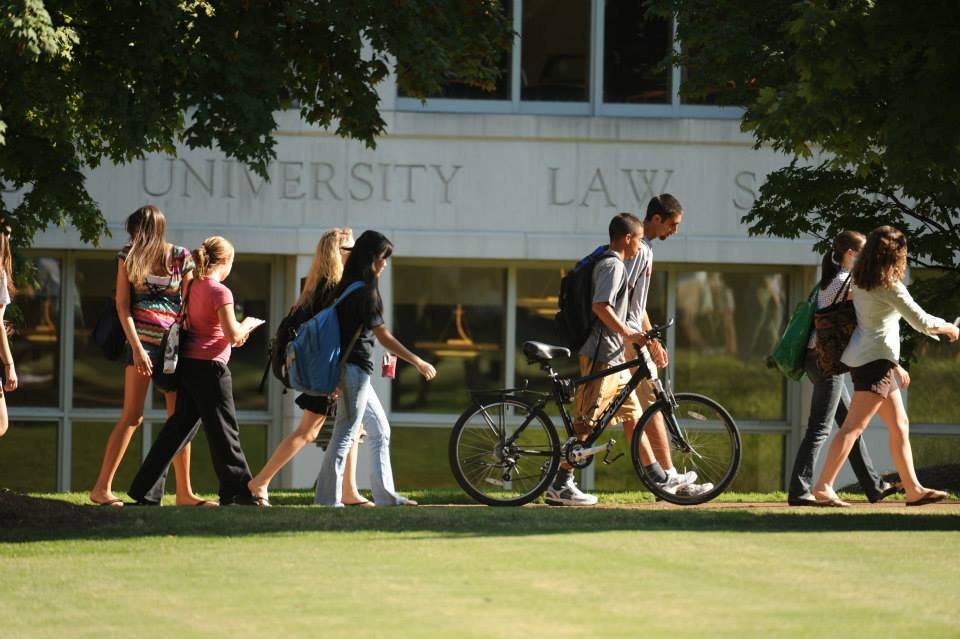 Admissions officers fromVanderbilt University, Wellesley College, Pomona College andColgate University confirmed accepting plane tickets forattending the Dipont workshops.Vanderbilt University LawSchool/Facebook
Admissions officers fromVanderbilt University, Wellesley College, Pomona College andColgate University confirmed accepting plane tickets forattending the Dipont workshops.Vanderbilt University LawSchool/Facebook
“We have felt that having our own non-profit gives us a certaincredibility,” said Stephen Gessner, a former CACE director andex-president of the school board of Shelter Island, New York.“It helped us to recruit colleges.”
Gessner said he and Thomas Benson, the other Americanconsultant, turned over control of CACE to Dipont three or fouryears ago. Dipont says CACE is independent. All of CACE’s fivedirectors are Dipont employees or consultants, including CEOZhang, according to a December 2014 board meeting agenda seenby Reuters.
One of Dipont’s projects is to assist and provide funding toUSC’s Center for Enrollment Research, Policy, and Practice. Thecenter is running a nascent program to create “verifiablecredentials” for Chinese applicants to U.S. colleges. Theprogram, known as the Admission Credentials and CounselingSystem, aims to build a way to verify transcripts and otherdocuments from Chinese high school students, according toJerome Lucido, the center’s executive director.
Lucido said that USC and at least 10 other schools haveparticipated in exploratory meetings for the initiative,including Stanford, MIT, Duke and Columbia. The gatheringsincluded a Dipont-subsidized trip to Beijing two years agoattended by eight schools. CACE covered the expenses forseveral meetings in the United States, Lucido said.
'Reliable and valuable partner'
The credentials idea was proposed as a fraud-busting measure bya Dipont employee, Lucido said. He confirmed that Zhang haspaid two of three installments on a $750,000 gift to the centervia CACE. The gift, he said, “was carefully vetted through USCand found to be fully appropriate.”
Lucido responded to the 2014 warning email from ex-Dipontemployee Bruce Hammond by seeking more details on the cheatingallegations. Hammond replied, the email traffic shows, butdidn’t offer specifics.
Dipont is “a reliable and valuable partner,” Lucido said in aninterview. In a later email to Reuters, Lucido wrote, “Mythinking is that you have statements from people that do notconstitute actual evidence.”
MIT, Duke and Columbia had no comment.
Richard Shaw, Stanford’s dean of admission, said Dipont paidhis costs to attend a three-day meeting in China to discuss theinitiative, including business-class airfare. “I’m not going topay $25,000 to cover the cost to go to Beijing,” he said.
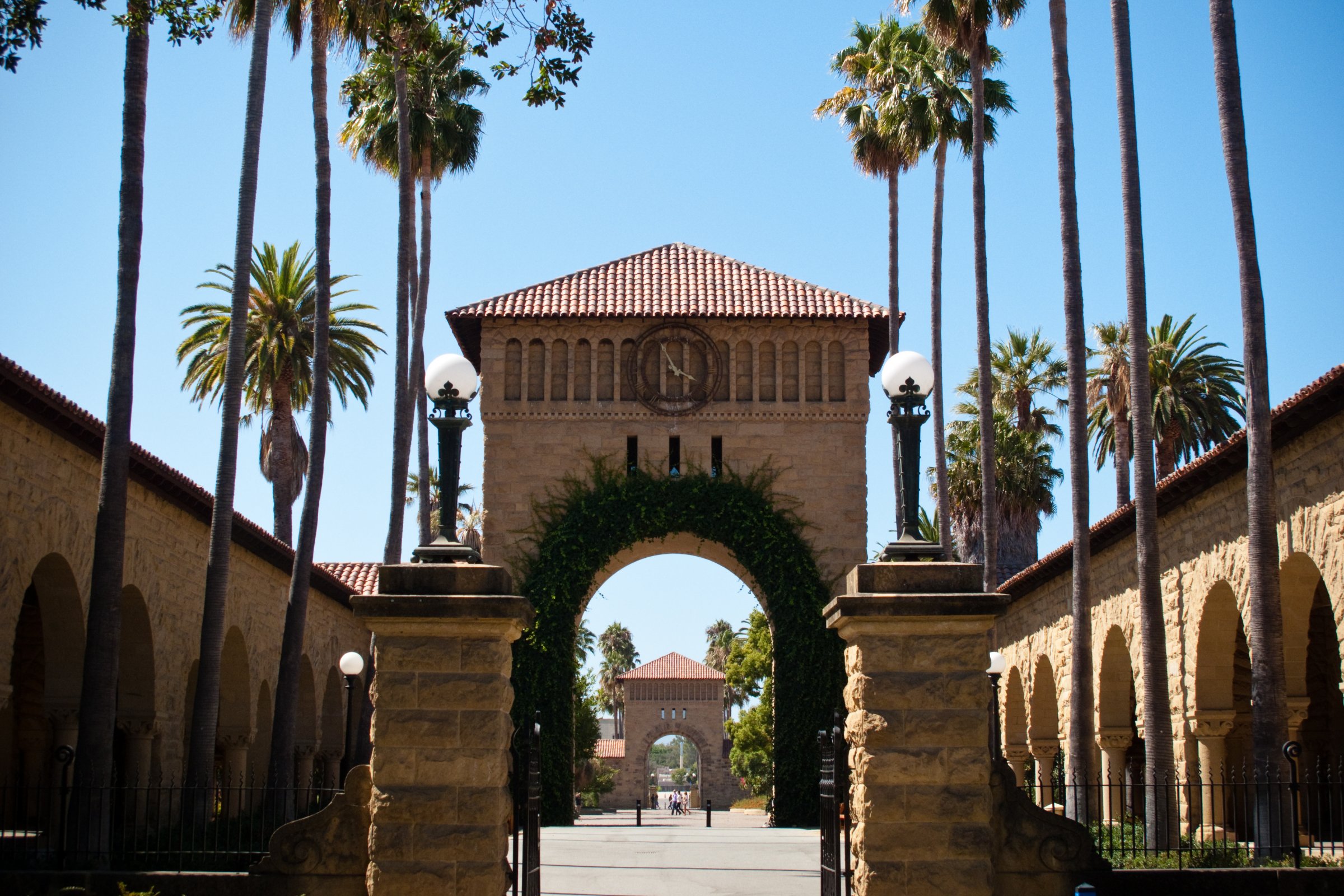
Told of the former Dipont employees’ fraud allegations, Shawsaid the members of the initiative were trying to establish a“secure system in which a number of American universities wouldwork with Chinese partners” and have “something where we cantrust the transcripts.”
The project is now on hold, Shaw said, because of theallegations Reuters has documented. “Our intentions were tobring a system that combats exactly what you’re describing,” hesaid.
Sarah K. Lee, who worked at Dipont as director of collegecounseling from 2010 to 2012, said she visited a Dipontcounseling office in Chengdu in 2010.
“It was 60 people printing out essays. The counselors, not thestudents, were typing them,” she said. “I asked them directly:‘Do you write these essays for these kids?’ They’d say, ‘Wehave to do whatever our boss tells us or we lose our job.’” Leesaid she witnessed similar practices at Dipont offices inBeijing and other cities.
'Shortcuts all around'
Obio Ntia, a former Dipont manager who helped overseecounselors, said he saw similar activity.
“Counselors went ahead and did everything for the student,”including writing their application essays, he said. He said hetried to train Dipont guidance counselors to help students comeup with their own essay ideas, but struggled.
Some students were honest and diligent, Ntia said, but “therewere shortcuts all around. It was so endemic that you felt likethere’s nothing you could do about it.”
An American guidance counselor who worked at a Dipont highschool in Shenzhen in the 2014-2015 school year said hersupervisor ordered her to rewrite teacher recommendations. “Imade up anecdotes about the students,” said the woman, whospoke on condition of anonymity.
A Chinese guidance counselor, who worked at a Dipont highschool from 2011 to 2013, said her supervisors instructed herto write essays for weak students. She said she was directed togive a student with poor grades a copy of his high schooltranscript. That student later admitted to removing the badgrades from the transcript, but a manager told her not to alerta U.S. college that had accepted him, she said.
Hammond, the former employee who alerted the USC consortium toDipont, declined to comment on his warning letter. He workedfor Dipont in 2010 as director of college counseling. Dipontcharged some students tens of thousands of dollars, he wrote.And tying the Dipont name to the brands of elite colleges wascentral to its business model.
“Dipont is able to charge these fees,” he wrote, “in part bycreating the perception that they have special connections withadmissions officers at leading U.S. institutions.”
Read the original article on Reuters. Copyright 2016. Follow Reuters on Twitter.



